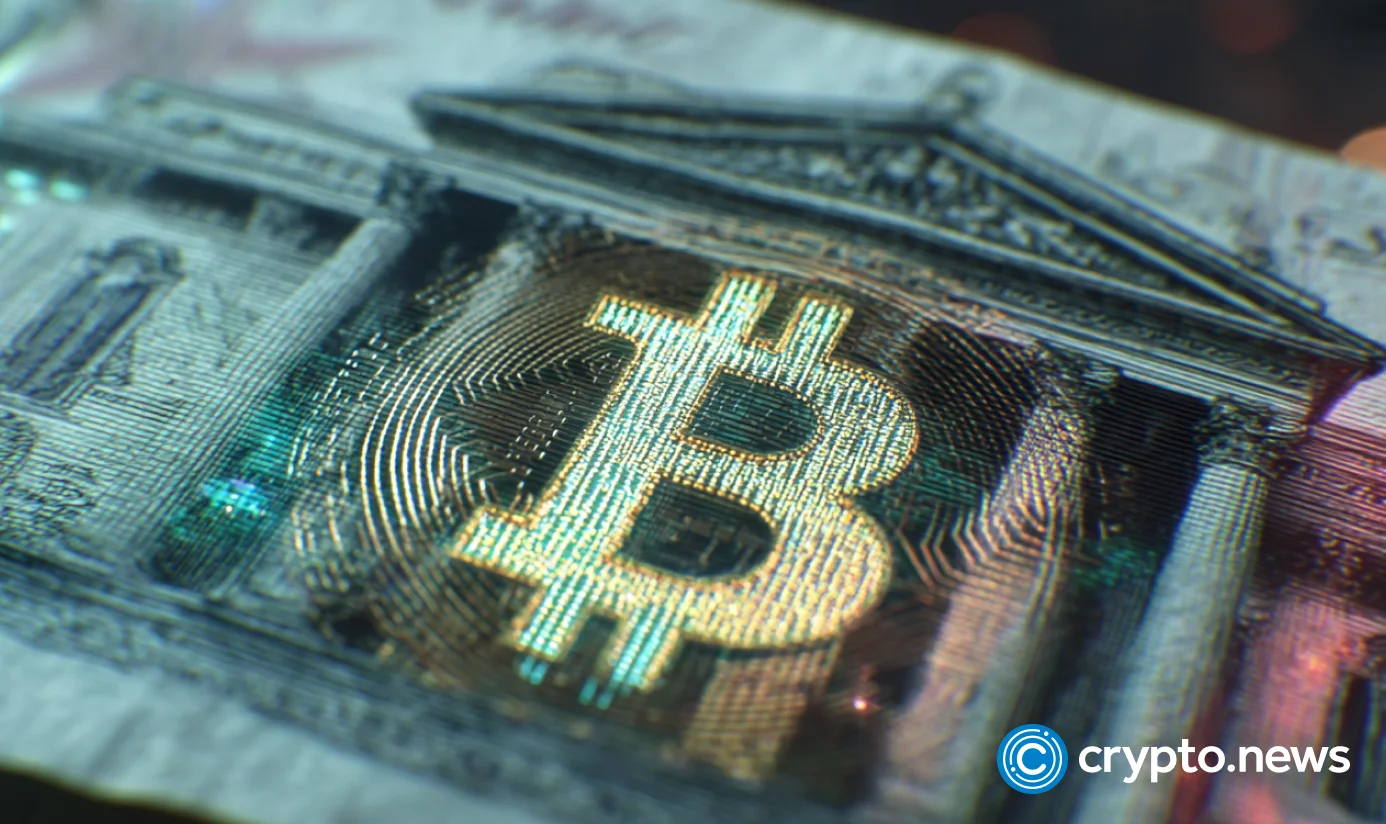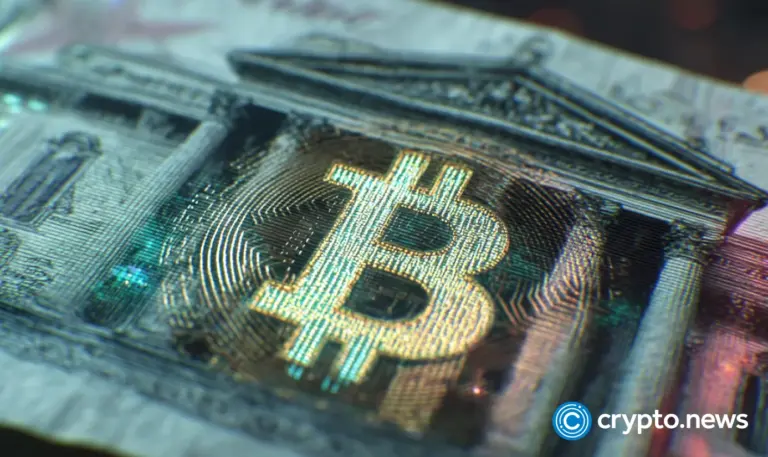
Bitcoin treasury companies — entities that accumulate the digital asset (usually through borrowed assets) — offer clients indirect exposure through their stock. Some believe that these companies bring Bitcoin to Wall Street. Others think that these treasury companies are doing the opposite: turning bitcoiners into so-called “fiat bros.”
From self-custody of private keys to indirect Bitcoin ‘exposure’
In 2021, billionaire and X owner Elon Musk famously replied “Your app sucks” to a crypto wallet that didn’t support user access to their private keys. Now, when Bitcoin ETFs and Bitcoin treasury companies get so much attention, it may seem that self-custody has silently left the scene.
Although the big narrative is occupied with the news about treasury companies spending millions of dollars (of borrowed money) to buy as many bitcoins as possible, bitcoiners who (at best) don’t care about “indirect exposure to Bitcoin” didn’t go anywhere. They are just not as visible on social and mass media.
Indirect Bitcoin exposure, or owning paper Bitcoin, is owning certain assets issued by the company that strategically accumulate Bitcoin on its balance sheets. Stocks of Bitcoin treasury companies (for instance, MSTR by Strategy) or exchange-traded funds (ETFs) of asset management companies holding Bitcoin (for example, IBIT by BlackRock) are two of the most popular types of assets that expose users to Bitcoin.
It is assumed that owning these assets allows holders to benefit from the price movements of Bitcoin as they are reflected in the value of these assets. That’s why Bitcoin ETFs, stocks of Bitcoin treasury companies, Bitcoin derivatives, and similar assets are considered to be holding Bitcoin, although it’s essentially paper Bitcoin.
Are treasury companies Trojan-horsing Wall Street?
Some view treasury companies as a straightforward means for institutional and corporate investors to enter the crypto market. Indeed, for companies, buying stocks of Strategy is easier than buying Bitcoin in terms of the law. Strategy is holding nearly 600,000 bitcoins, and engaging in such a regular activity as buying MSTR stocks exposes corporate buyers to Bitcoin’s price fluctuations.
As treasury companies continue to accumulate bitcoins relentlessly, they increase buying pressure, which prevents the BTC price from experiencing significant drops. Corporations buying stocks of treasury companies indirectly invest in Bitcoin.
Michael Saylor, the Chairman of Strategy, said he wants to bridge the cryptocurrency economy and traditional capital markets. Some view him and other treasury companies as a Trojan horse that takes Bitcoin to Wall Street.
However, some see the opposite happening – treasury companies are turning bitcoiners into traditional finance investors. Treasury companies’ critics stress that, despite much talk about Bitcoin, these companies are operating in the conventional finance sector and promoting their stocks to both TradFi (traditional finance) and crypto investors.
Notably, these companies don’t pay their employees in crypto, nor do they accept Bitcoin as a payment method for their stocks, among other things. Literally, these companies don’t offer any kind of Bitcoin experience to their clients and employees.
For the TradFi sector, treasury companies serve as a way to profit from Bitcoin’s value growth. However, for Bitcoin investors, these companies may appear to be a TradFi agent’s invasion that seduces people to stop buying and holding bitcoins and switch to a traditional instrument like stocks. The Bitcoin standard narrative allegedly only serves as a promotion tool for the audience of Bitcoin enthusiasts.
While there is nothing wrong with competing for investors, it seems that bitcoiners are angered by the fact that treasury companies have infected most of the Bitcoin-related media with promotional posts about them.
Self-custody advocates argue that Bitcoin podcasters, Crypto X, crypto conferences–all these platforms are “shilling” Strategy and Nakamoto stocks. As a result, it leaves too little space for conversation with those who share similar values, such as independence and a self-custody philosophy.
Another concern associated with treasury companies is that their strategies may not be so safe, and at some point, they will have to sell the bitcoins they buy. It may trigger a domino effect that could bury even giants like Strategy.
According to a recent report from venture capital company Breed, most Bitcoin treasury companies are unlikely to survive a “death spiral” that may be triggered by a sudden drop in the BTC price.
The chances of the companies resurrecting after the crash are thinner, especially given their centralized nature.


